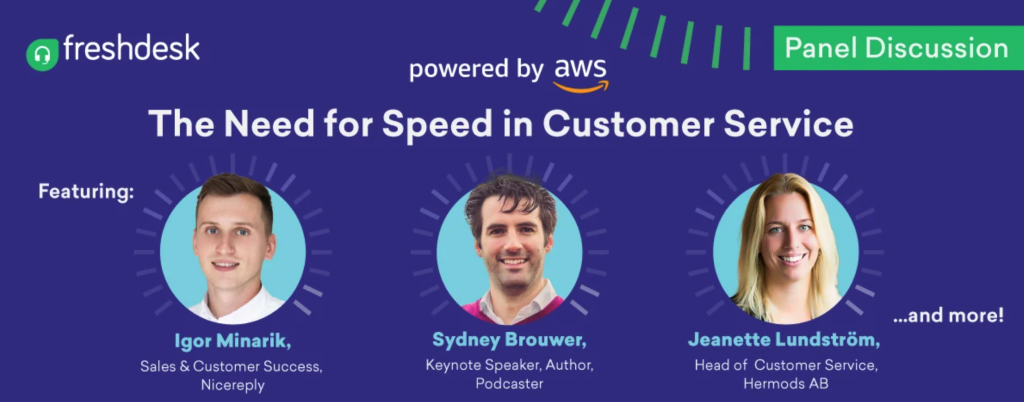A few months ago it was time for the periodic service of my car. Now I have to say that my car could use a ride through the car wash. A few days before the scheduled servicing, I actually wanted to wash it. Then I thought back to the previous two times my car had received service. Each time I got it back cleaned and washed. “Nice! they’ll wash it at the garage anyway. ” I thought and I decided to skip the car wash.
A few days later I was at the garage to pick up my car. Excited, I searched the parking lot for my car, which would undoubtedly shine again. The smile quickly vanished from my face when I found it. It looked just as dirty as I had delivered it. Disappointed, I drove it through the car wash on my way home.
You may also be familiar with the above situation. The service or experience you receive from an organization at one moment sets expectations for the next moment. The first time my car was washed at the garage, I was surprised. The second time I was already hoping for it. The third time I started expecting it and was even disappointed when I didn’t get it. I call that phenomenon experience inflation. It ensures that today’s surprise is tomorrow’s expectation.
Fast, faster, fastest
There is one element in customer experience that is particularly sensitive to experience inflation. Indeed, that is speed. In recent years, speed has increasingly become a hygiene factor. On the one hand, this is because organizations have actually improved their service level. They answer the phone faster, they have added new channels such as WhatsApp and chat (live or with a bot) so that the customer can be helped even quicker. At the same time, the customer is bombarded by all kinds of promises from large or new players who claim to offer everything even faster. From next day delivery, to same day delivery to the new start-up Gorillas that promises delivery within 10 minutes.
All of this ensures that even quicker delivery or even speedier service hardly inspires customer enthusiasm. If the phone is immediately answered by customer service or you receive an immediate answer via WhatsApp, you will not get any extra points. After all, the customer has the feeling that this should be the case (and it is). However, you will lose points if you are not fast. As the Freshworks research shows, speed in customer service is more important than ever. Not in creating promoters, but in avoiding detractors.
As the Freshworks research shows, speed in customer service is more important than ever. Not in creating promoters, but in avoiding detractors. Click To Tweet
Not speed, but time
In the world of customer contact, there is a “Need for Speed”. However, let’s not forget that speed itself is not the value for customers. In fact, sometimes a customer does not want something to go fast, faster, fastest at all. If you’ve ever booked a good massage, you know that feeling. As far as I am concerned, that may take an eternity. If we go a little deeper than speed, we see that “time” is the underlying value. Time is the customer’s most valuable asset. We can give money back, but not time. Joe Pine already taught us in “The Experience Economy” that you can deal with time in two ways. You can save your customers time and you can make sure that the time they spend with you is well spent. Time well saved vs. time well spent. Let us not just focus on the need for speed, but above all realize that we really can make a difference for the customer if we focus on their time.

Looking For Startup Consultants ?
Call Pursho @ 0731-6725516
Telegram Group One Must Follow :
For Startups: https://t.me/daily_business_reads




